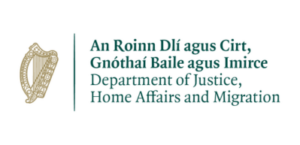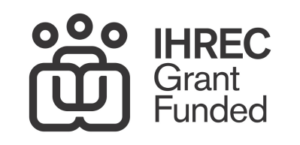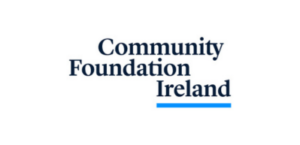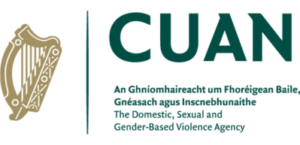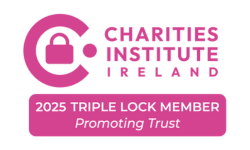Neurofeedback Therapy
Gently Supporting Your Healing Process
Support Your Recovery from Sexual Abuse Trauma –
You are not alone. Healing is possible.
Sexual abuse trauma can affect not only your emotions and memories — but also your nervous system and brain. Neurofeedback offers a gentle, supportive way to help your brain shift out of survival mode and move toward healing. It’s safe, non-invasive, and guided by experienced therapists in a trauma-informed setting.
How Neurofeedback Can Support Trauma Recovery

Who Delivers the Sessions?
All neurofeedback sessions at One in Four are carried out by our clinical team who have been trained by and are in ongoing supervision with a BCIA accredited supervisor in Boston Neurodynamics Mental Health Services.
Each practitioner works with you to understand how you’re feeling, tailor the sessions to your needs, and offer ongoing support throughout the process. In accordance with our high standards of practice, our NFT programme is supported by leading edge technologies from Thought Technologies and we receive ongoing support from Deymed Diagnostic.

What to Expect – A Step-by-Step Journey
- A supportive intake conversation
- QEEG brain mapping to understand how trauma has impacted your brainwavepatterns
- Standardised psychological questionnaires
- Creation of a personalised neurofeedback plan, based on your unique needs
- 30 sessions over 15 weeks (Wednesdays & Saturdays)
- During each session, you’ll sit comfortably while watching calming visuals or listening to sounds — guided by your brain’s real-time activity
- You’ll also have space to talk with the practitioner about how you’re feeling, what’s shifting, and what you’re noticing
- A repeat brain map (QEEG) and questionnaires help track your progress
- Together, you and your practitioner reflect on the changes you’ve experienced
- Over time, many people report feeling more present, calm, and empowered in their daily
lives
Why Choose Neurofeedback at One in Four?
- Safe & Non-Invasive – No medications, no invasive procedures
- Tailored to You – Your sessions and protocol are based on your unique brain activity and
personal experiences - Backed by Research – Neurofeedback is supported by decades of clinical study and lived
results - Compassionate Care – You’ll be met with warmth, respect, and understanding
There is a cost to this service. Please email nft@oneinfour.ie for more information.
All our clients have been directly or indirectly affected by childhood sexual abuse. It is the policy of One in Four to implement and uphold the highest standards of safeguarding.
Interested in Learning More?
For questions or to book an initial assessment, email us at nft@oneinfour.ie
For information on our psychotherapy programme please visit: www.oneinfour.ie/counselling
References
Askovic, M., Soh, N., Elhindi, J., & Harris, A. W. (2023). Neurofeedback for post-traumatic stress disorder: systematic review and meta-analysis of clinical and neurophysiological outcomes. European Journal of Psychotraumatology, 14(2). https://doi.org/10.1080/20008066.2023.2257435
Hammond, D. C. (2011). What is Neurofeedback: An Update. Journal of Neurotherapy, 15(4), 305–336. https://doi.org/10.1080/10874208.2011.623090
Rogel, A., Guez, J., Getter, N., Keha, E., Cohen, T., Amor, T., & Todder, D. (2015). Transient adverse side effects during neurofeedback training: a randomized, SHAM-Controlled, Double Blind study. Applied Psychophysiology and Biofeedback, 40(3), 209–218. https://doi.org/10.1007/s10484-015-9289-6
Rogel, A., Loomis, A. M., Hamlin, E., Hodgdon, H., Spinazzola, J., & Van Der Kolk, B. (2020). The impact of neurofeedback training on children with developmental trauma: A randomized controlled study. Psychological Trauma Theory Research Practice and Policy, 12(8), 918–929. https://doi.org/10.1037/tra0000648
Van Der Kolk, B. A., Hodgdon, H., Gapen, M., Musicaro, R., Suvak, M. K., Hamlin, E., & Spinazzola, J. (2016). A randomized controlled study of neurofeedback for chronic PTSD. PLoS ONE, 11(12), e0166752. https://doi.org/10.1371/journal.pone.0166752
Wiedemann, M. (2020). Neurofeedback in Clinical Practice. In H. Kirk (Ed.), Restoring the brain: Neurofeedback as an integrative approach to health (2nd ed., pp. 89–111). Routledge.


